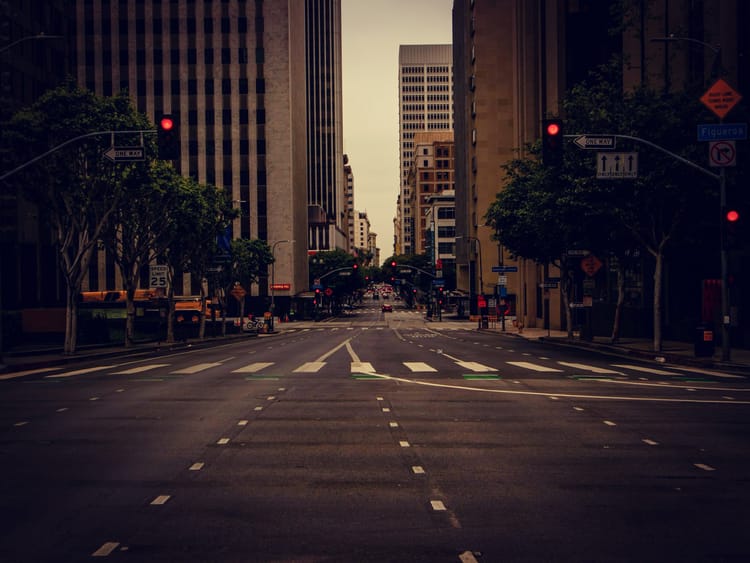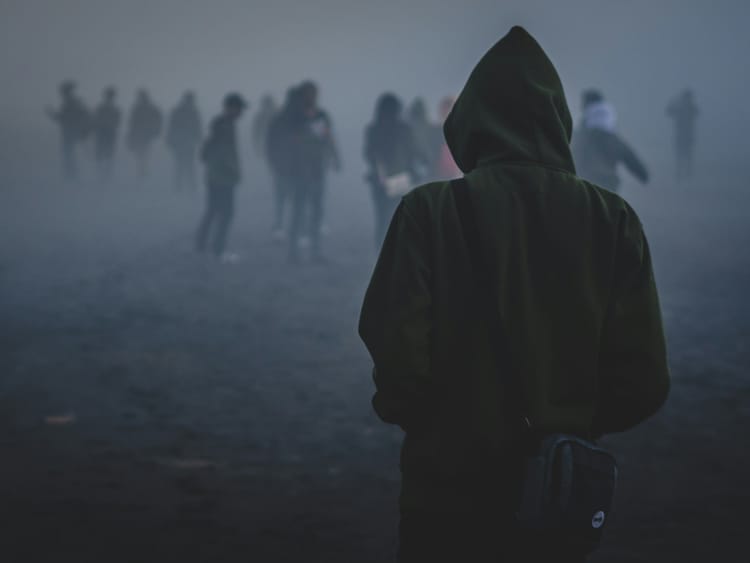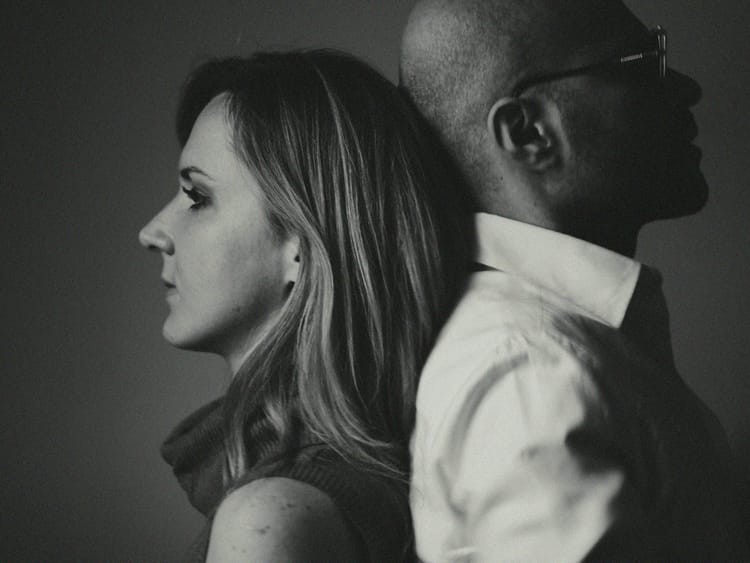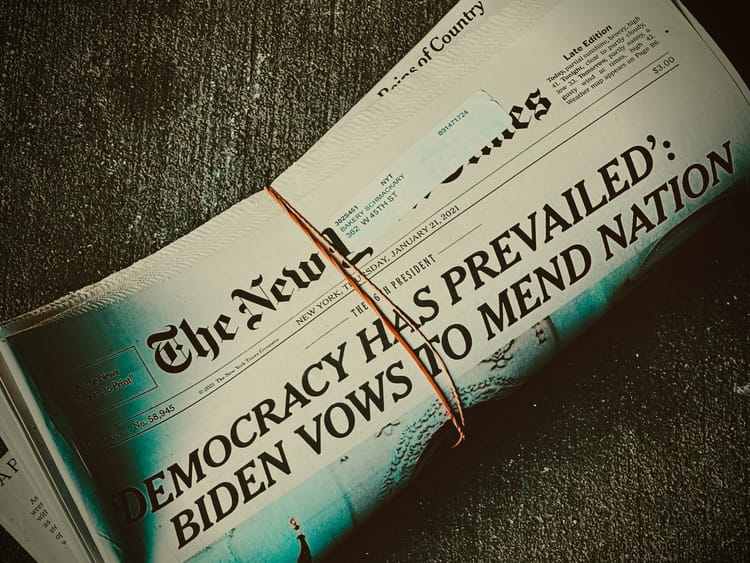The Cult of Now

The idea of datedness is everywhere. It isn’t a new idea. But in the United States and across the West, it’s developed a new importance, as the view that history is defined mainly by patterns of systemic oppression—such as racism or sexism—has become increasingly influential. American schools and parents have become more reluctant to expose children to books, traditionally considered classics, that might be interpreted as extensions of these kinds of oppression today. Among adults, showing a lack of interest in old books or movies can even be a way of expressing sensitivity about these issues. The cultural climate is changing so quickly that you can sometimes distinguish the standards of 2019 from those of 2021. But does the idea of linear moral progress really describe the world we live in?
Jacob T. Levy—the author of The Multiculturalism of Fear and Rationalism, Pluralism, and Freedom, and the Tomlinson Professor of Political Theory at McGill University in Montreal—thinks not. In his view, the notion of linear moral progress has a long and fraught history. Despite an infamous number of modern atrocities and a rise in contemporary threats to liberal democracy worldwide, Levy says, the belief that humanity on the whole just keeps improving morally remains central to Western thought. Valorizing the present, he says, can end up making it much more difficult to learn from the past. It can also make it much more difficult to see new problems as we create them for the future.
Phoebe Maltz Bovy: You’ve written, “Before we attribute magical moral powers to the passage of the next 50 years, we should look backward in 50-year increments and ask: How many old moral errors keep coming back? How many new ones get introduced?” If I understand right, you don’t just think that progress can be slow or halting, but also that things don’t necessarily keep getting better at all. Or as you quote Martin Luther King Jr., “Time itself is neutral.” Are there ways the current moment might be less enlightened than, say, ten years ago?
Jacob T. Levy: There’s been what’s referred to as liberal-democratic backsliding, relative to before the 2008 financial crisis. Broadly speaking, the stability of liberal and constitutional democracy looks less clear and less entrenched. That’s what comes to mind most obviously.
Bovy: Do you mean the emergence of Trump and Trump-like leaders globally?
Levy: I mean the rise of nationalist, populist authoritarianism, and the challenges they’ve meant for the separation of powers, minority rights, and federalism. This precedes Trump. Earlier exemplars are Viktor Orbán in Hungary, Recep Tayyip Erdoğan in Turkey, Narendra Modi in India, and, in important ways, Benjamin Netanyahu in Israel. The time horizon for the decay of Venezuelan democracy is somewhat longer, but you’re still seeing instances around the world, in different political systems, different regions—the Philippines, for example, or Brazil—where what had looked like relatively stable, relatively entrenched liberal-constitutional democracy, starts to look a lot less stable or entrenched. And in some cases, like Hungary and Turkey, you’re seeing them fall out of the category altogether.
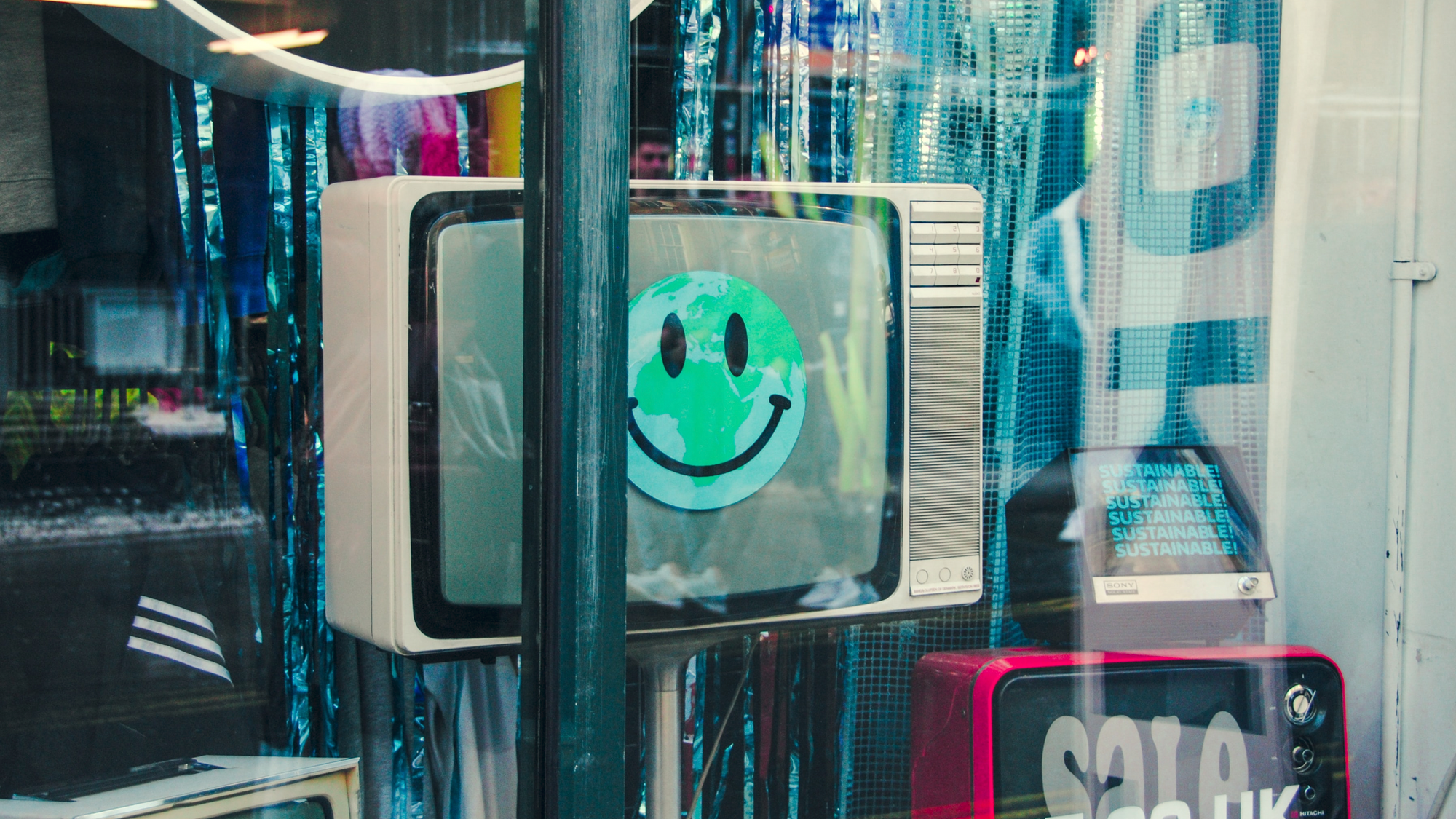
Bovy: Why do you think the idea that the present is the peak of human enlightenment has such staying power? It’s not hard to come up with examples of atrocities that are specific to modern, or even contemporary, times.
Levy: There are a couple of different reasons. Some are distinct to modernity. Since the early 19th century or so, we’ve learned to create systematic, persistent, compounding growth, economically and technologically, ways that represent a major change from prior human history. This has allowed people to get used to the idea that every year is better than the next, that we will keep seeing economic prosperity increasing and technology advancing. This is a new idea, since 1800 or so.

